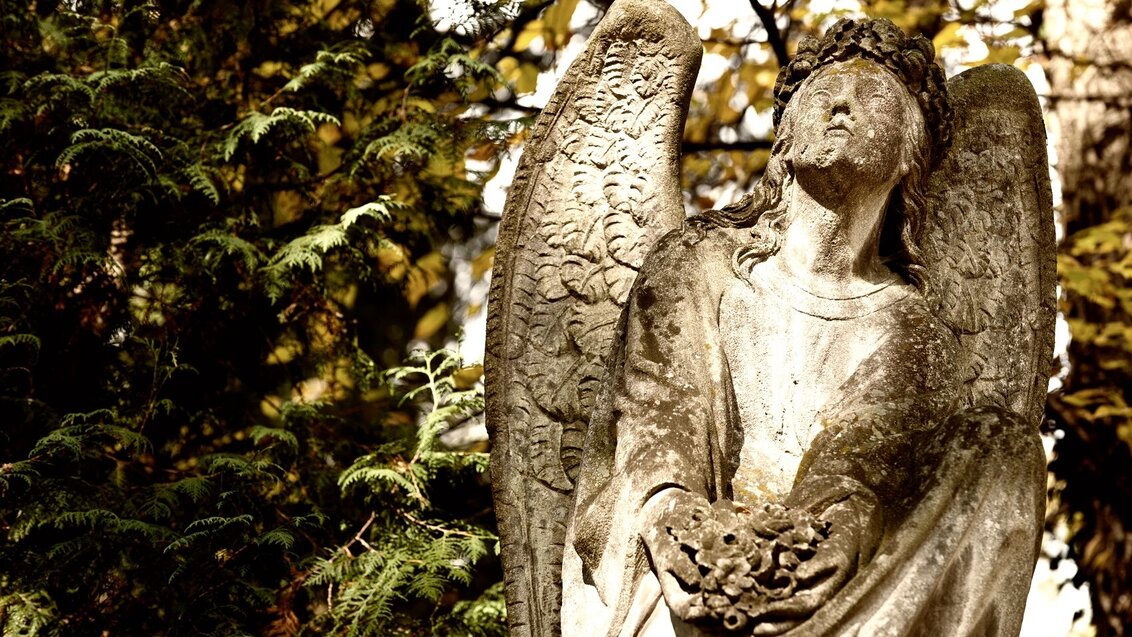This year marks 84 years from the criminal operation Sonderaktion Krakau against the Polish intellectual elite. Each year, Krakow’s academic community honours the memory of its victims – professors and academics of Krakow universities insidiously arrested by gestapo. On the anniversary of the action, November 6, we celebrate the Academic Remembrance Day.
On this day, delegations of Krakow higher education institutions lay flowers at the graves of distinguished professors and academics (Rakowicki and Salwator Cemeteries) as well as wreaths at the plaque commemorating the events in front of Jagiellonian University Collegium Novum and the Freedom Oak.
At 7.30 p.m., in the University Collegiate Church of St. Anne, there will be a Holy Mass in the intention of the victims of Sonderaktion Krakau, those who died during the war, and professors, employees, students, and doctoral students of Krakow and Małopolska universities who passed away in the previous academic year.
***
At the AGH University, the commemoration of the victims will take place on November 24 (around 1.30 p.m.), at the end of the festivities related to Prof. Antoni Hoborski Science Days. Then, flowers will be laid at the commemorative plaques in the main building.
***
Among 183 professors and other academic employees imprisoned on November 6, 1939, there were almost all professors of the Mining Academy, of whom three professors, including two rectors: Prof. Antoni Hoborski and Prof. Władysław Takliński, were murdered in the German concentration camp in Sachsenhausen.
The German invasion on Poland in September 1939 resulted in the closure of the Academy. On September 6, Krakow was seized by German troops. They began to loot and plunder the university property, and reorganise the Main Building of the Mining Academy to house the Regierung des Generalgouvernements (General Government administration). Despite the uncertain political situation, certain Polish academics decided to organise education. On September 9, at the invitation of the rector of the Jagiellonian University, a meeting of about 20 people concerned with education was held. In the course of discussions, it was decided to establish a temporary school commission as a collegial body. In addition, the UJ Senate, knowing the favourable stance of some senior German officers and the German mayor of the city, decided on October 19, 1939 to open the university in 1939/1940. Initially, there was also an intention to resume the work of the Mining Academy, but – due to the occupation of its main building by the German authorities – it was announced that the academy would not open in the 1939/1940 academic year.
Meanwhile, at the request of the government counsellor, SS-Sturmbannführer Dr Bruno Müller, a general meeting of UJ professors was convened on November 6, 1939, to inform the gathering of the views of the German authorities on matters related to science and education. On this day at noon, in room 66 of the Jagiellonian University Collegium Novum, professors and lecturers gathered numerously. The building was surrounded by the Gestapo and the meeting participants were arrested. Among the detainees were also Mining Academy professors who had attended another meeting in the boardroom of the Jagiellonian University Faculty of Philosophy. 183 people were imprisoned, among them professors, associate professors, and assistants from both universities, as well as many other people outside the academic community.
Among the arrested during the so-called „Sonderakton Krakau” were the following professors:
- Zygmunt Sariusz-Bielski,
- Witold Budryk,
- Edmund Chromiński,
- Stefan Czarnocki,
- Iwan Feszczenko-Czopiwski,
- Roman Dawidowski,
- Stanisław Gołąb,
- Antoni Hoborski,
- Stanisław Jaskólski,
- Mieczysław Jeżewski,
- Aleksander Krupkowski,
- Adam Ludkiewicz,
- Izydor Stella-Sawicki,
- Wilhelm Staronka,
- Jan Studniarski,
- Władysław Takliński,
- Feliks Zalewski,
docents: - Andrzej Bolewski,
- Mikołaj Czyżewski,
- Edward Windakiewicz,
- lecturer Antoni Meyer,
- senior assistant Julian Kamecki.
The arrested were detained at the prison at Montelupich Street in Krakow and subsequently transferred to the barracks at Mazowiecka Street. Later, they were transported to a prison in Wrocław and finally to the concentration camp in Sachsenhausen. After a few days of the ordeal, Professor Iwan Feszczenko-Czopiwski and docent Mikołaj Czyżewski, who were Ukrainians, were released. Due to his elderly age, docent Edward Windakiewicz was also released (81 years old at the time).
The concentration camp took the lives of the following:
- Assistant Professor Antoni Meyer,
- Professor Władysław Takliński,
- Professor Antoni Hoborski.
On February 9, 1940, older professors were released. Others who remained in the camp were Andrzej Bolewski, Stanisław Gołąb, and Julian Kamecki. They were transported to the concentration camp in Dachau and released only in the last quarter of 1940. Releasing the professors was possible due to a united protest action of world scientific communities.
Source: historia.agh.edu.pl

 Academia of the Małopolska region meets the Minister of Science
Academia of the Małopolska region meets the Minister of Science  AGH University Bioceramics Team with a gold medal in Geneva
AGH University Bioceramics Team with a gold medal in Geneva  Pre-election meeting with a candidate for the position of rector
Pre-election meeting with a candidate for the position of rector  Agreement on cooperation with OPAL-RT
Agreement on cooperation with OPAL-RT  Krakow DIANA Accelerator consortium members with an agreement
Krakow DIANA Accelerator consortium members with an agreement  Professor Jerzy Lis re-elected as AGH University Rector
Professor Jerzy Lis re-elected as AGH University Rector  Launch of AGH University Student Construction Centre
Launch of AGH University Student Construction Centre